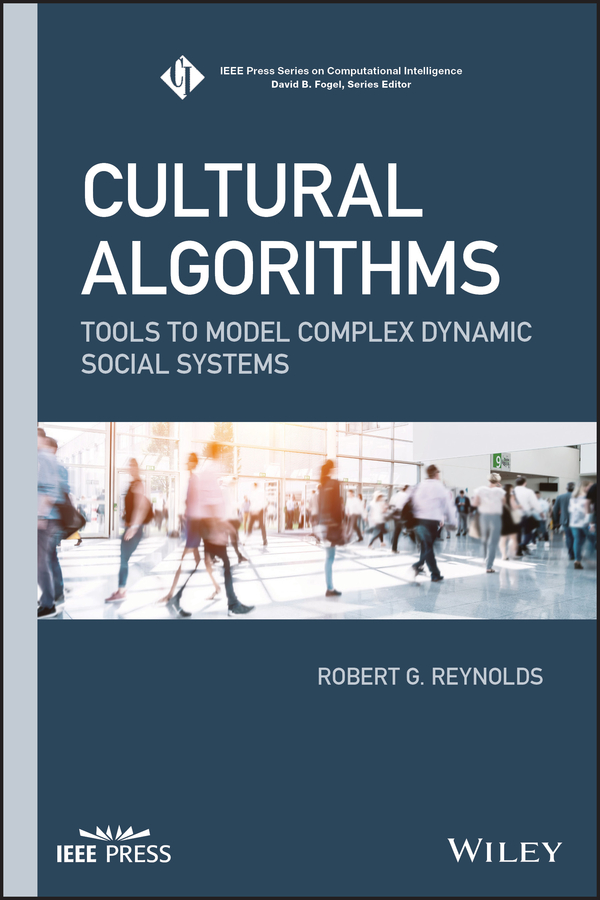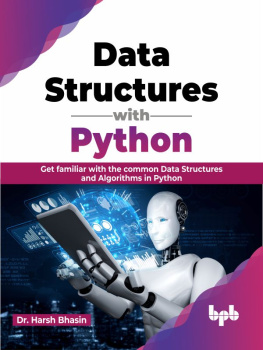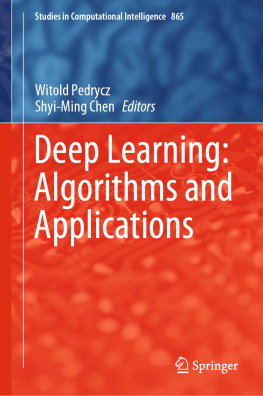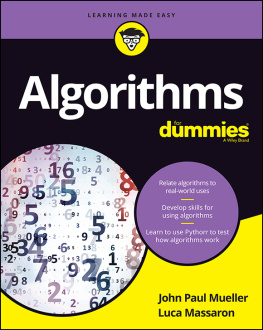
Table of Contents
List of Tables
- Chapter 3
- Chapter 4
- Chapter 5
- Chapter 6
- Chapter 7
- Chapter 8
- Chapter 9
- Chapter 10
List of Illustrations
- Chapter 1
- Chapter 2
- Chapter 3
- Chapter 4
- Chapter 5
- Chapter 6
- Chapter 7
- Chapter 8
- Chapter 9
- Chapter 10
Guide
Pages
IEEE Press
445 Hoes Lane
Piscataway, NJ 08854
IEEE Press Editorial Board
Ekram Hossain, Editor in Chief
| Jn Atli Benediktsso | David Alan Grier | Elya B. Joffe |
| Xiaoou Li | Peter Lian | Sarah Spurgeon |
| Saeid Nahavandi | Jeffrey Reed | Diomidis Spinellis |
| Sarah Spurgeon | Ahmet Murat Tekalp |
Cultural Algorithms
Tools to Model Complex Dynamic Social Systems
Robert G. Reynolds
Department of Computer Science
College of Engineering
Wayne State University
Detroit, Michigan 48202
and
Visiting Research Scientist
Museum of Anthropological Archaeology
University of MIchiganAnn Arbor
Ann Arbor, MIchigan 481071259

Copyright 2021 by The Institute of Electrical and Electronics Engineers, Inc. All rights reserved.
Published by John Wiley & Sons, Inc., Hoboken, New Jersey.
Published simultaneously in Canada.
No part of this publication may be reproduced, stored in a retrieval system, or transmitted in any form or by any means, electronic, mechanical, photocopying, recording, scanning, or otherwise, except as permitted under Section 107 or 108 of the 1976 United States Copyright Act, without either the prior written permission of the Publisher, or authorization through payment of the appropriate percopy fee to the Copyright Clearance Center, Inc., 222 Rosewood Drive, Danvers, MA 01923, (978) 7508400, fax (978) 7504470, or on the web at www.copyright.com. Requests to the Publisher for permission should be addressed to the Permissions Department, John Wiley & Sons, Inc., 111 River Street, Hoboken, NJ 07030, (201) 7486011, fax (201) 7486008, or online at http://www.wiley.com/go/permission.
Limit of Liability/Disclaimer of Warranty: While the publisher and author have used their best efforts in preparing this book, they make no representations or warranties with respect to the accuracy or completeness of the contents of this book and specifically disclaim any implied warranties of merchantability or fitness for a particular purpose. No warranty may be created or extended by sales representatives or written sales materials. The advice and strategies contained herein may not be suitable for your situation. You should consult with a professional where appropriate. Neither the publisher nor author shall be liable for any loss of profit or any other commercial damages, including but not limited to special, incidental, consequential, or other damages.
For general information on our other products and services or for technical support, please contact our Customer Care Department within the United States at (800) 7622974, outside the United States at (317) 5723993 or fax (317) 5724002.
Wiley also publishes its books in a variety of electronic formats. Some content that appears in print may not be available in electronic formats. For more information about Wiley products, visit our web site at www.wiley.com.
Library of Congress CataloginginPublication Data:
Names: Reynolds, Robert G., author.
Title: Cultural algorithms : tools to model complex dynamic social systems / Robert G. Reynolds.
Description: Hoboken, New Jersey : John Wiley & Sons, [2020] | Series: IEEE Press series on computational intelligence | Includes bibliographical references and index.
Identifiers: LCCN 2020001817 (print) | LCCN 2020001818 (ebook) | ISBN 9781119403081 (hardback) | ISBN 9781119403098 (adobe pdf) | ISBN 9781119403104 (epub)
Subjects: LCSH: Social systemsMathematical models. | CultureMathematical models. | Algorithms. | Social intelligence. | Computational intelligence.
Classification: LCC H61.25 .R49 2020 (print) | LCC H61.25 (ebook) | DDC 300.1/5181dc23
LC record available at https://lccn.loc.gov/2020001817
LC ebook record available at https://lccn.loc.gov/2020001818
Cover Design: Wiley
Cover Image: engel.ac/Shutterstock
List of Contributors
Anas AL-Tirawi
Department of Computer Science, Wayne State University, Detroit, MI, USA
Rami Alazrai
Department of Computer Engineering, German Jordanian University, Amman, Jordan
Mostafa Z. Ali
Department of Computer Information Systems, Jordan University of Science and Technology, Irbid, Jordan
Mohammad I. Daoud
Department of Computer Engineering, German Jordanian University, Amman, Jordan
Samuel Dustin Stanley
Computer Science Department, Wayne State University, Detroit, MI, USA
Mehdi Kargar
Ted Rogers School of Management, Ryerson University, Toronto, ON, Canada
Khalid Kattan
Computer Science Department, Wayne State University, Detroit, MI, USA
Leonard Kinnaird-Heether
Department of Computer Science, Wayne State University, Detroit, MI, USA
Ziad Kobti
School of Computer Science, University of Windsor, Windsor, ON, Canada
Thomas Palazzolo
Department of Computer Science, Wayne State University, Detroit, MI, USA
Robert G. Reynolds
Department of Computer Science, Wayne State University, Detroit, MI, USA
The Museum of Anthropological
Archaeology, University of Michigan-Ann Arbor, Ann Arbor, MI, USA
Kalyani Selvarajah
School of Computer Science, University of Windsor, Windsor, ON, Canada
Faisal Waris
Department of Computer Science, College of Engineering, Wayne State University, Detroit, MI, USA
About the Companion Website
This book is accompanied by a companion website:
www.wiley.com/go/CAT
The website includes:
System Design Using Cultural Algorithms
Robert G. Reynolds
Computer Science, Wayne State University, Detroit, MI, USA
The Museum of Anthropological Archaeology, University of MichiganAnn Arbor, Ann Arbor, MI, USA
Introduction
By and large, most approaches to machine learning focus on the solution of a specific problem in the context of an existing system. Cultural Algorithms are a knowledgeintensive framework that is based on how human cultural systems adjust their structures and contents to address changes in their environments []. These changes can produce a solution to the new problem within the existing social framework. Beyond that, the system can adapt its framework in order to produce the solution for a larger class of related problems. Cultural Algorithms are able to mimic this behavior by the selfadaptation of its knowledge and population components.
In other words, we are participating in the Cultural learning process right now. However, as part of the process it is hard to assess what progress, if any, is being made by the system. The Cultural Algorithm provides a framework by which we can step outside of the system so that we can assess its trajectories more clearly. This issue is addressed somewhat by the notion of humancentric learning. However, such an approach suggests that we are ultimately in control of the learning activities. In reality, we are embedded in a performance environment that we have partially created on the one hand, and have been passed down as the result of millions of years of evolution on the other.
Next page










